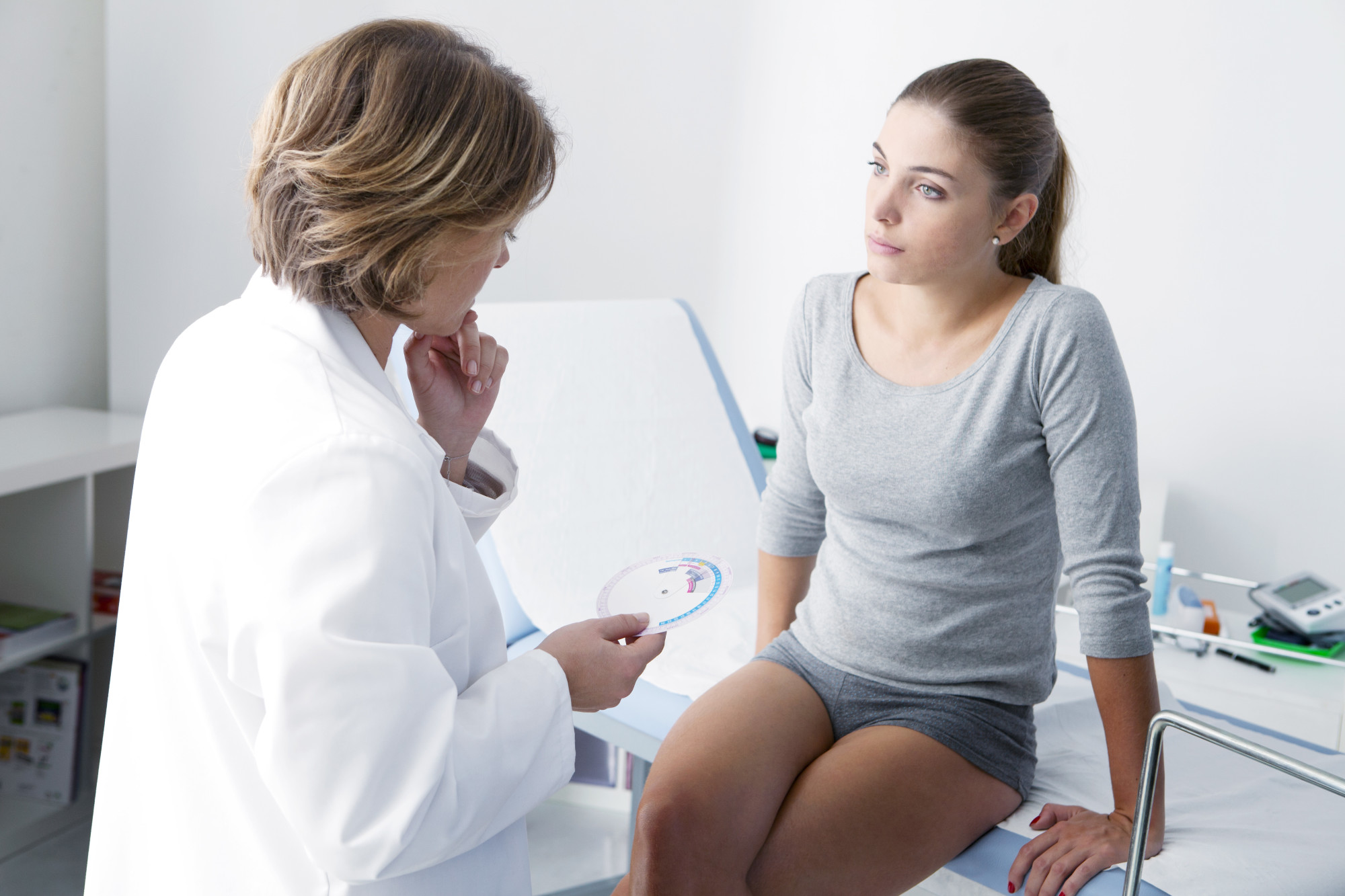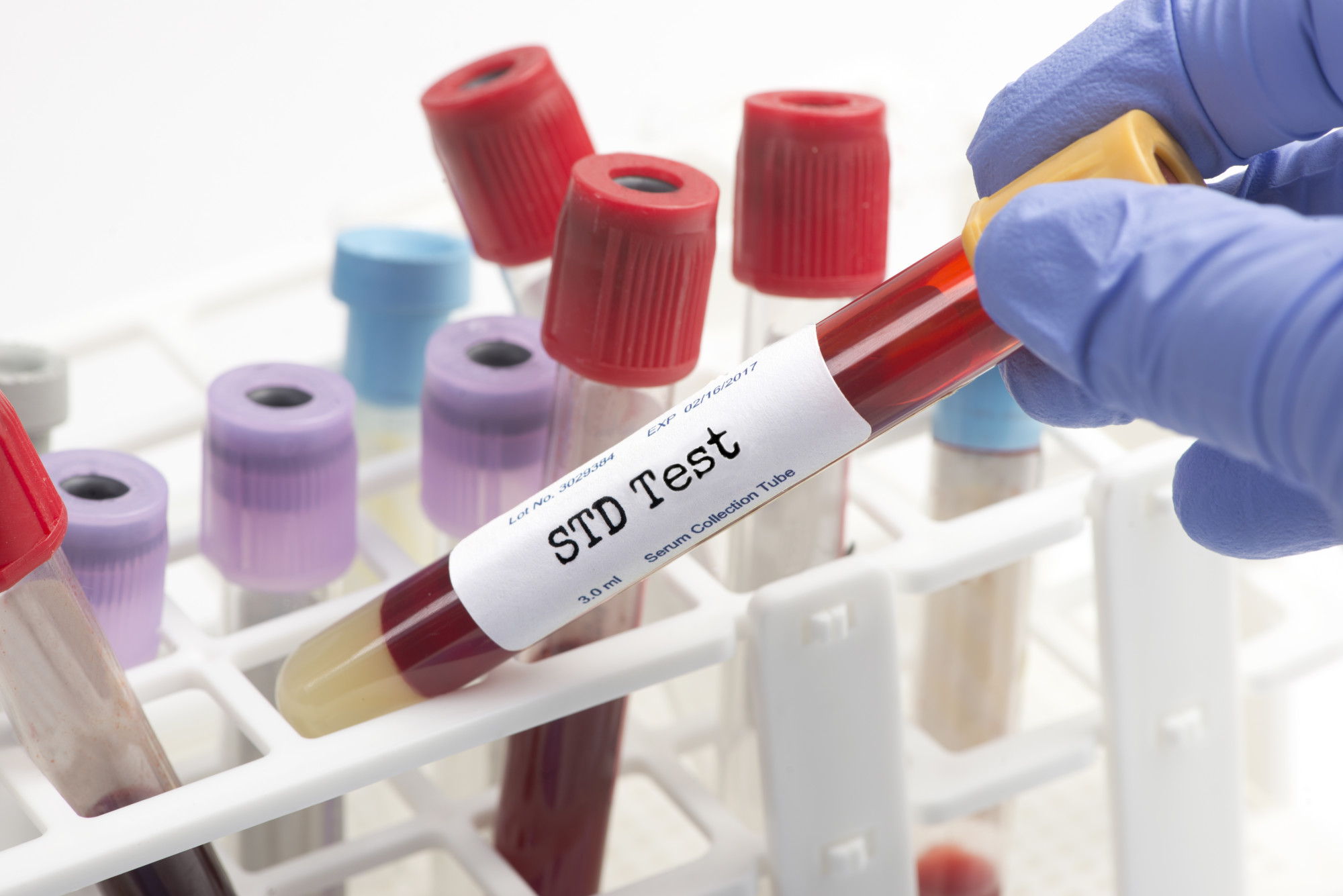
When to See a Gynecologist: 9 Signs You Should See Your OB/GYN ASAP
Notice any changes to your vaginal health? Has your sex life taken a turn for the worst?
Knowing when to see a gynecologist can help to prevent, manage, and treat problems with your genitals.
Every woman needs to see a gynecologist at least once a year. At this annual visit, your doctor will perform a breast exam, pap smear, and an examination of your genital area. Sticking to this yearly visit can help to nip problems in the bud before they become worse.
They can also protect you and your sexual partners.
But, many people fear the gynecologist. They may fear being judged or feel embarrassed to discuss intimate parts of their bodies. They may also fear a bad result or diagnosis.
These concerns are all normal and understandable. Gynecologists have heard it all and they are reliable sources of information. Certainly, more reliable than Googling your symptoms and increasing your anxiety further.
The best way to know if there is a problem is to tackle it head-on. But, knowing when to see a gynecologist can also prevent you from panicking. Read on to find out the signs it’s time to see your gynecologist.
When to See a Gynecologist: 9 Signs It’s Time for a Doctor’s Visit
An annual gynecologist visit is typically covered by your insurance provider. Talk with your gynecologist about a payment plan if needed.
Knowing when to see your gynecologist can also help to reduce unnecessary costs. Read on to learn when to see a gynecologist using 9 signs and symptoms.
1. Vaginal Dryness
Vaginal dryness can be a symptom of a larger problem. However, you’ll need to see a gynecologist to find the root cause.
There are many conditions that cause vaginal dryness. If you experience vaginal dryness during sex, the issue could be not enough foreplay, trouble getting aroused, or an emotional problem. This type of vaginal dryness could also be caused by hormonal imbalances.
Daily vaginal dryness can also be caused by hormonal imbalances specifically related to menopause. Other causes of vaginal dry include use of birth control, tampons, and medications used to treat overactive bladder. If vaginal dryness occurred shortly after taking a new medication, then talk with your gynecologist.
2. Problems After Sex
Pain after sex could be caused by an allergy to latex. If the pain only lasts for 36 hours or less, then a latex allergy may be to blame. In this case, you can switch to polyurethane condoms.
It’s a good idea to make an appointment with your doctor to rule out any other causes. It’s also helpful to know if you actually do have a latex allergy so you can avoid unpleasant reactions in the future.
If the pain lasts longer than 36 hours, schedule an appointment with your gynecologist. The problem could be because of an infection, endometriosis, or fibroids. Many other causes could be to blame, however, so a gynecologist will need to diagnose it to then treat it properly.
3. Pain During Sex
Unusual and intense pain during sex is also a sign you need to see a gynecologist. This type of pain during sex can be located inside your vagina, near the opening, or in your abdomen.
Deep, sharp internal pain could be a sign of ruptured cysts or cervix inflammation. STIs, a yeast infection, or endometriosis can also cause pain during sex.
4. Irregular Bleeding
Irregular spotting in between periods is common for women taking birth control. But, if the bleeding lasts for days and/or is a heavy flow, contact your gynecologist. This could be a sign of a pelvic infection, polyps, or a host of other conditions.
Bleeding during pregnancy is also normal, but you should always speak with your OB/GYN to rule out more serious problems.
5. Changes in Odor and Discharge
Every woman has a different vaginal odor unique to her. Vaginal odors can also be affected by the foods we eat. But, if you notice a sudden fishy odor along with abnormal discharge, then it’s time to see your doctor.
Pain and itching associated with these changes can indicate an infection. For example, an STI, yeast infection, or bacterial vaginosis.
6. Itching, Swelling, and Pain
Itching in your intimate areas is extremely uncomfortable. Swelling and pain can also accompany itching or occur on their own.
These symptoms could be the result of contact dermatitis, a yeast infection, or other health conditions. See your doctor to learn more about the cause of these symptoms.
7. Bumps, Lumps, and Sores
Many bumps in your genital region are normal. The key is knowing what is normal and abnormal for you. To determine what’s normal or not, you should inspect your vulva every two to three months.
If you notice any changes, then make an appointment with your gynecologist. Bumps, lumps, and sores could be a symptom of an STI or, in rare cases, cancer.
8. Burning Sensation During Urination
Going to the bathroom and experiencing a burning sensation is never a welcomed event. If you do experience a burning sensation or have trouble urinating, then it may be a sign of a health condition. For example, a yeast infection, an STI, or a UTI.
9. Abnormal Periods
Missing your period or having multiple periods are signs it’s time for a doctor’s visit.
Cramping during your period is normal. But, if your period is extremely painful then that’s a different matter. If your behavior dramatically changes before or during your period, then this is also a cause for concern. To treat these conditions, your doctor will make a diagnosis, prescribe medications, and/or suggest other treatment options such as light therapy.
When to See a Gynecologist and How to Find the Right One
Knowing when to see a gynecologist is a great way to become more aware of your intimate health. But, knowing how to find the right gynecologist is an entirely different matter.
Depending on your symptoms, you may want to consider a specialized gynecologist. For example, if your symptoms are specifically related to your bladder and incontinence, then a urogynecologist is a better fit. These gynecologists can also rule out and treat other conditions related to your pelvic health.
Live in Houston, Texas? Have any of these symptoms or other symptoms related to your bladder? Contact us today to schedule an appointment!



